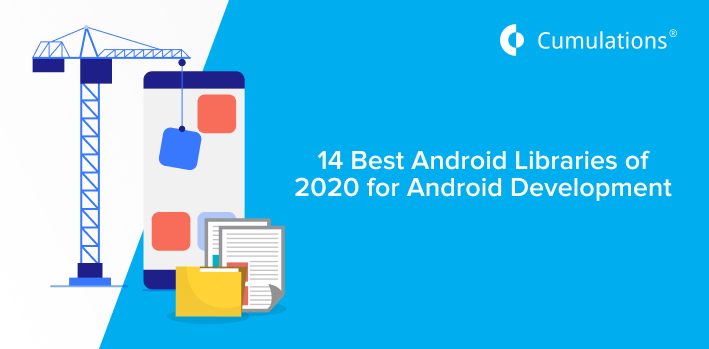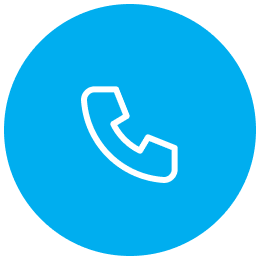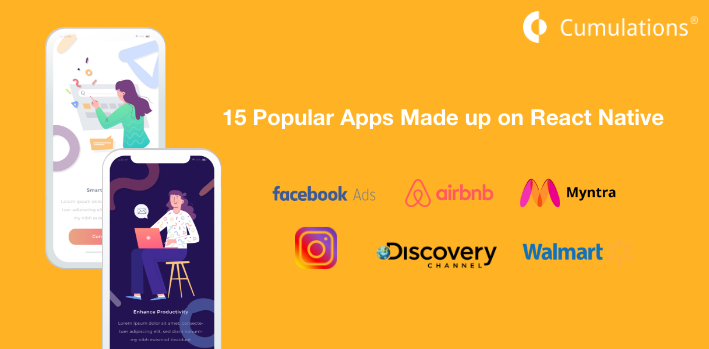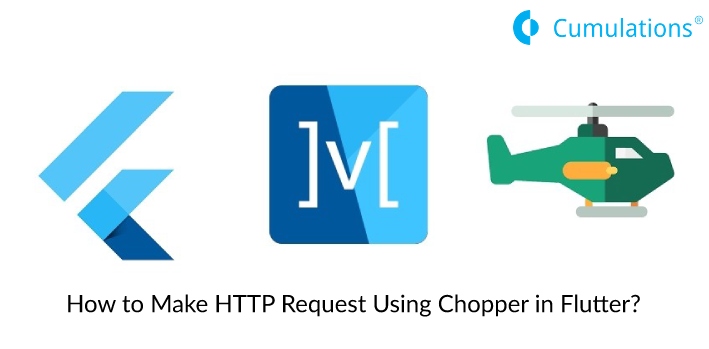
“The creative adult is the child who survived.” A desire to create has always been a yearning of the human soul. When you want to dive into Android development, you should be aware of the essential libraries and frameworks. These libraries are behavioral implementations that have been written in the programming languages and possess well-defined interfaces. Android app development libraries also include the configuration data, subroutines, classes, and documentation, among other things and aspects related to android development. Accessing these libraries will bring you closer to the necessary codes that are pre-written and which help the developers create fantastic apps.
1. Stetho
Stetho can be used for database inspection, network inspection, JavaScript control, and other functionalities. It can also be used for accessing Chrome Developer Tools. The dump app tool can be used to access the internal applications, and a command-line interface makes the task easy for developers.
2. Timber
When you want to learn and do debugging fast, Timber has a lot of potential. You can easily make logs, and there is no need to tag the logs manually. The logs themselves get to know their classes, and the tags come automatically.
3. Dagger 2
The framework and library are for dependency injection or the concept following which one object will supply dependencies to another object. Using the library, you can use or inject any service, entirely independent of the client’s consumption. Dagger 2 library depends on the injection library that creates the traceable codes, which are copies of codes that a developer may write by hand. Because the library is based on specific annotations, the code can be generated easily and can be debugged quickly as well. It is a high performing library and one of the best solutions for Android app development.
4. Picasso
As the name might suggest, Picasso is a highly popular library that can be used for loading images and can display as well as cache the images. An image loader library is usually used in the apps that deal with images. Examples may include social apps, photo editing apps, shopping apps, and others.
5. Glide
Glide is managed by Bumptech and another sound image loader library and framework. Recommended by Google, Glide offers multiple functionalities to developers. It helps in decoding, fetching, images, video calls and also offers support for animated GIFs. The library has a highly flexible API and can be plugged into many different stacks. You can also display, fetch, and resize images, and scrolling is quite convenient.
6. Mixpanel
If you want to develop analytics, there are some excellent paid libraries and frameworks available. While Google Analytics comes for free, the paid frameworks have even more capabilities. Mixpanel is one such app that offers the users certain basic functionalities free of cost. The library will track the events and can be used to know the entire user journey to the funnel.
7. ZXing
When developers need to add scanning features for enhancing the functionality of any app, Zxing is a highly useful library. While the implementation of the library is in Java, there are ports to other and multiple languages as well. Developers also get additional support to the 2D, 1D industrial, and 1D product bar codes. Zxing is used by Google itself, for indexing the millions of barcodes. The library is integrated into apps like the Google book search and is the main component of the Android Barcode Scanner App.
8. CAMView
An alternative to Zxing for scanning, the CAM View library has the QR scanner embedded in the library. The library also offers features like the live video feed from the camera of the device, scanning of barcodes, and processing of camera data.
9. Crashlytics
A part of Google Firebase, the Crashlytics framework, can be used for reporting the crash. The app provides a report on all crashes and also reveals the issues that should be fixed at first, and on a priority basis. The library does not add any unnecessary data to the app, does not cause slowing of the app, and can also be implemented quickly. Because crashes commonly occur in all apps, this library is a must-have.
10. Android Architecture Components
The library collection released by Google in the year 2017 makes the implementation of complex navigation systems easy in Apps. The framework provides for convenient storage and also manages data related to User Interfaces. Google also released the Navigation Architecture Component recently, which has features for fragment navigation, deep linking, and back stack.
11. Espresso
Espresso is another popular library for testing user interfaces. The library can run on both emulators as well as real devices and apps. The developers need to write tests and can then check whether Text View’s text matches with other text. Espresso can be used for writing reliable, beautiful and concise test cases for your Android UI. The predictable and small API at the core of the library can be learned easily and for quick customization. The library can also be used for black-box testing and runs optimally fast.
12. Robolectric
Robolectric is quite efficient at testing the units, and provides for reliable and fast unit tests. It can handle views, resource loading’s inflation, and other things. The library can turn the tests to be more potent and effective. This is so because the tests run within a sandbox, and this provides for precise configuring to the required location. Tests can also be well isolated from their neighbours and the library also extends the test APIs. Because the library can stimulate the Android SDK’s for a test, there is no need for other and additional frameworks.
13. Firebase
You can get what you want from the cloud, a thorough Firebase library. You can choose the marketing tools, including Cloud Messaging and the other useful structures like Authentication Realtime Database, Remote Configuration, and others. Other tools like Cloud Functions and ML Kit are also there. Most of these tools and functionalities are free. However, there may be specific or quota allocated to each user and developer.
14. RX Java
For all those who want to be more competent at Android Development, RX Java can be a useful tool. You can use the observable streams for delivering the functions not been synced. Data manipulation can be committed at the highest levels, while control functionalities are also impressive. The library’s transformation and thread-switching functions bring to it many more features and functionalities as well.
There are also other android app development frameworks and libraries that can be used for developing functional, bug-free, and high-performance apps. It is good to know more about these apps, which will help you develop your applications faster and at low costs. The Android market has vast potential, and you better start some work now!
Related read: Importing Library Having Native Code in Android Studio.


 +91-984-5825982 | +91-996-4689921
+91-984-5825982 | +91-996-4689921 sales@cumulations.com
sales@cumulations.com Send your requirement
Send your requirement 



